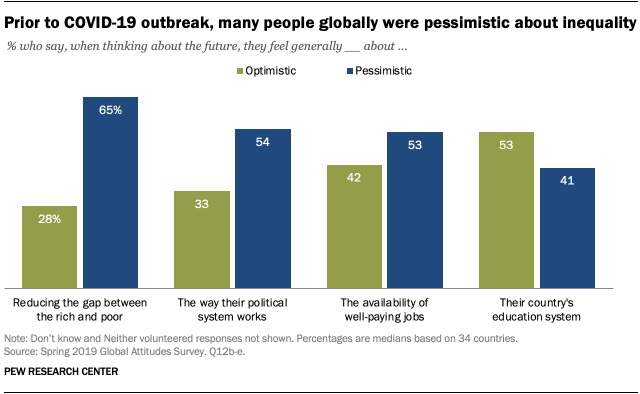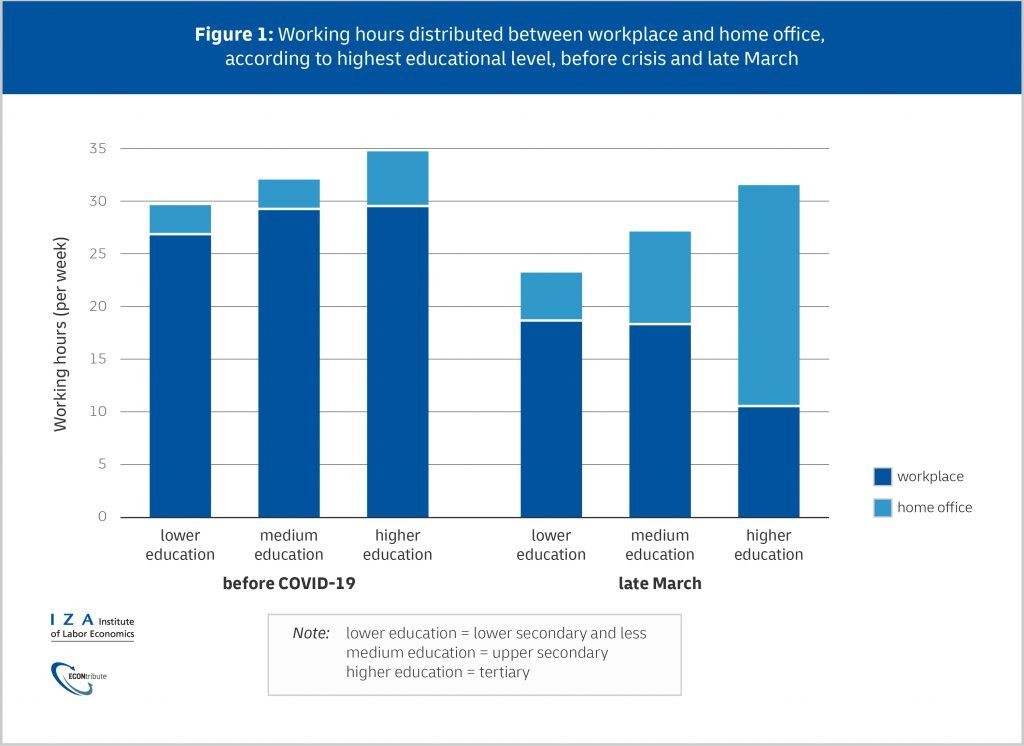Manifesto: COVID-19 & Human Rights Day

Editing: CESD team
Habitat voices: through this pandemic, the future is today
Cities—large, midsized, and small— are today home to more than half the world’s population and often islands of modernity and capitalist opulence. But much of the world’s urban population continues to live in inadequate, unsafe conditions and places, in poverty and without opportunities. Throughout the world, the conditions of habitat reflect deep economic, social, political, and environmental inequalities. These are the consequence of accelerated processes of privatization of urban and rural spaces, speculation, and dispossession, which in turn produce unequal access to common goods and services that are essential to everyone’s daily life. Structural inequalities are particularly evident throughout much of the Global South, after more than three decades of neoliberal policies that have prioritized accumulation over human life.

The COVID-19 pandemic is not just a global health crisis; it has exposed pre-existing inequalities and the exhaustion of the political-economic system that produces and reproduces these inequalities, as well as historical exclusions and the destruction of ecosystems, vital to human life. Faced with this global sanitary alert, cities have gone into quarantine under “universal immunological measures of social protection” like “stay-at-home” programs which have been quickly spread without distinction to gender, class, age, ethnicity, physical or mental capacity. Such measures assume that everyone has a home, access to basic water, sanitation, and food, the ability to work from home, and to draw on their savings in periods of crisis. Thus, we are witnessing an unqualified perception of the State as protector of the lives of all citizens; and a romanticized view of COVID-19 quarantines, as scenarios where ‘home’ is presumed as a safe place, and ’people’ as owners of their bodies and times, of their decisions on production and reproduction, on collective action and political participation; in short, as citizens in full capacity to exercise their rights.

These assumptions, which are deeply rooted in our societies and system of government, continue to have a disproportionate impact on typically invisible social sectors: the poor, the informal workers, the migrants, the indigenous peoples, and, to a large extent, the women who live at the intersection of multiple social identities especially in the third world include the MENA region
The pandemic makes visible the precariousness and fragility of housing conditions for lower-income people, in inadequate homes or shared living arrangements, without the ability to isolate, or under poor hygienic conditions. Millions of poor and low-income inhabitants are forced by inadequate housing policies into overcrowded spaces and denied access to basic services. Starting now, we must devise and develop strategies to protect those who do not have a safe place for self-care: people who live in precarious settlements that are also victimized by a strange multiplication of aggressions and fires; those that pay abusive rent; people living on the street, immigrants. In short, those who are forced to tell themselves every day: “If I don’t go out and work, I don’t eat; nor can I pay my rent or utilities, I could be evicted, or have my water or light turned off.” Similarly, rural communities also face multiple challenges, as, for instance, health and social services are often scarce, both in infrastructure and staffing. To date, although there have been fewer cases of contagion in rural areas, if they begin to multiply, the consequences could be serious. To protect themselves, many rural communities have blocked roads to avoid incoming contagion, affecting their production economies, as they can no longer go out and sell their produce.
We need new forms of (re)distribution, recognition, and parity in political participation in order to protect the collective construction of life, habitat, and dwelling, and to do that we should:
- Extending, on various scales, mechanisms for direct democratic participation without regard to gender, sexual orientation, class, age, ethnicity, religion, physical or mental ability.
- Actively combat authoritarian, clientelism, patriarchal, and discriminatory relations among citizens and between the citizens and the State.
- Guarantee the equality of all immigrants as subjects with rights.
- Extend processes of decentralization and municipal autonomy as well as mechanisms of direct participation of citizens in the allocation and execution of government spending.
- Guarantee access to social, economic, technical, and legal assistance required to transform habitat together with the inhabitants.


